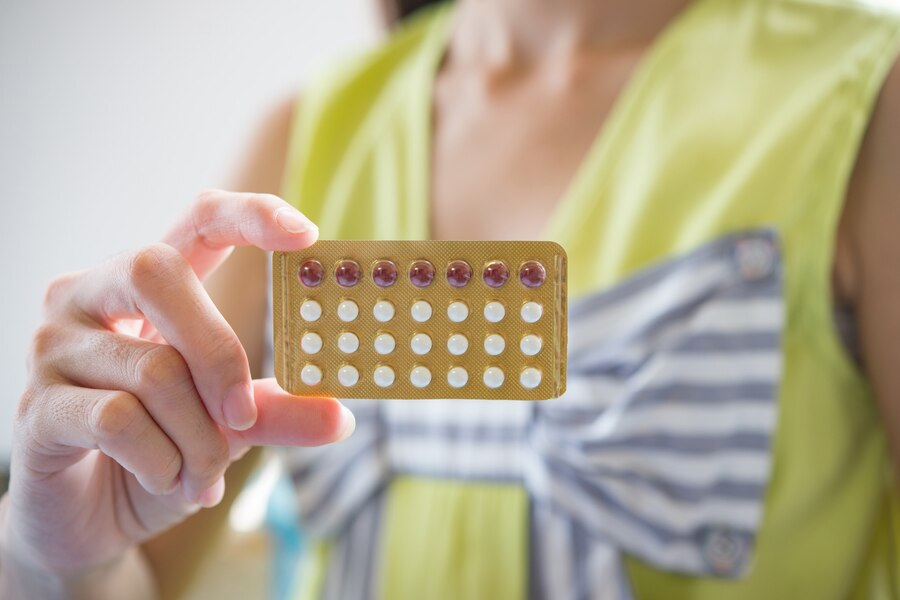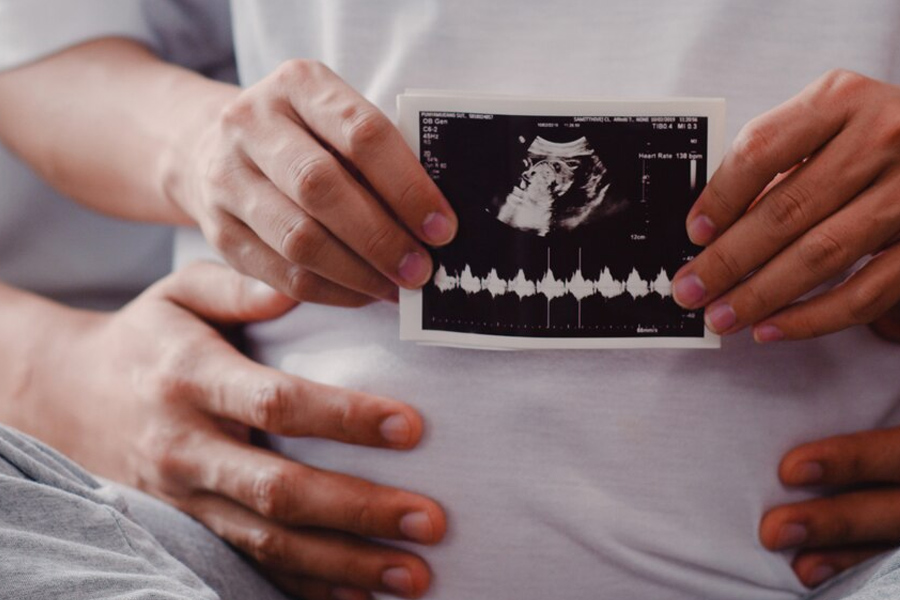
As of 2024, the global population amounts to over eight billion people, with indications that it may reach around 9.7 billion by 2050. India recently overtook China as the world's most populous country, recording a population of 1.428 billion, according to the UNFPA’s 2023 State of the World Population Report.
Table of Content:-
Every year on July 11th, the world observes World Population Day to bring attention to global population issues. This day emphasises the importance of family planning as a population control method. By enabling individuals and families to make informed choices about childbearing, family planning can help alleviate pressure on economic development, employment, and income distribution. It can also contribute to the conservation of natural resources, the protection of ecosystems, and ultimately, an improved quality of life for everyone.
Also Read: Non-hormonal Birth Control Methods: Here’s A Guide To Contraceptive Alternatives
Role Of Birth Control Pill

Modern contraceptives have contributed tremendously to reducing population explosions. Birth control pills are a type of contraception that is said to be 99% effective in preventing pregnancy when taken consistently, according to Cleveland Clinic.
It contains hormones that prevent the ovaries from producing an egg, without which fertilisation is unlikely and pregnancy cannot occur.
Types Of Birth Control
There are two main types of birth control pills: combination pills and progestin-only pills.
Combination pills are the most common types of birth control pills that contain both oestrogen and progestin. Both of these hormones work together to prevent ovulation, meaning they stop the ovaries from releasing an egg each month. It works by thickening the cervical mucus, making it more difficult for sperm to reach the egg. Combination pills, therefore, are highly effective in preventing pregnancy when taken consistently.
Progestin-only pills, also known as mini pills, depend solely on progestin. Unlike combination pills, they do not primarily suppress ovulation but work by thickening cervical mucus and potentially affecting the uterine lining. People on progestin-only pills need to stick to a daily schedule for increased effectiveness. Progestin-only pills may be more suitable for breastfeeding mothers.
How Effective Are Birth Control Pills?

For birth control pills to work, one must take them consistently and correctly every time.
According to StatPearls Publishing, proper use of oral birth control pills can offer an effectiveness rate of over 99%, with a less than 1% chance of pregnancy within a year.
However, in instances where a person may forget to take the pills or commit any other mistakes, the failure rate may jump to 9%, suggesting the need to strictly adhere to the guidelines to ensure maximum effectiveness.
Also Read: Planning To Take Birth Control Pills? Experts List Its Pros And Cons
What Are The Side Effects Of Birth Control Pills?

Birth control pills affect your hormone levels, which is why they can lead to certain changes in your body and cause side effects. Some of the symptoms you may experience include:
- Nausea
- Breast tenderness
- Spotting between periods
- A missed period
- Headaches
- Mood changes
- Weight gain
- Low-sex drive
- Vaginal discharge
In certain severe cases, taking birth control pills may also raise a person's risk of blood clots and high blood pressure, increasing the chances of a heart attack or stroke, according to the Office on Women's Health.
Conclusion
Birth control pills can be an effective solution to prevent pregnancy and curb population growth. While they may lead to certain side effects and raise health concerns, taking them under the proper guidance of a doctor may minimise the problems and increase effectiveness. While birth control pills are generally safe, if you have doubts, you can discuss other ways to prevent pregnancy with your doctor. There are many types of contraception available, including intrauterine devices (IUDs) and implants.
Also watch this video
How we keep this article up to date:
We work with experts and keep a close eye on the latest in health and wellness. Whenever there is a new research or helpful information, we update our articles with accurate and useful advice.
Current Version